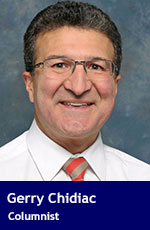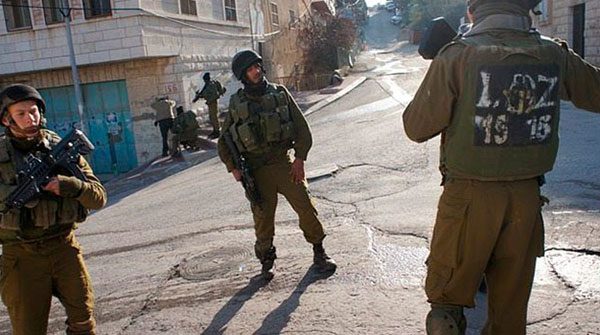Violence and deception only worsen regional conflicts

This month, the United Nations commemorated the 75th anniversary of the Nakba, meaning catastrophe in Arabic. It refers to the expulsion of Palestinians from their homes when the State of Israel was created.
I first became aware of this event 40 years ago when I read Blood Brothers by Elias Chacour, a Palestinian Israeli citizen born in Galilee in 1939. Interestingly, he does not use the word Nakba in his narrative.
Chacour speaks fondly of his childhood and the peaceful co-existence of the region’s Christian, Jewish, and Muslim communities. He opens his book by telling the story of the day his father brought home a lamb so that a special meal could be prepared to welcome new immigrants from Europe, Jews fleeing from the tyranny of Adolf Hitler and the Holocaust.
The guests were polite, but the celebratory nature of the meal was dampened by the fact that they carried machine guns.
 |
| Related Stories |
| The bloody end of Anwar Sadat
|
| Are perspectives shifting on the Israel/Palestine conflict?
|
| Labels just hurtful in search for Middle East peace
|
Chacour’s Christian village of Biram was emptied of Palestinians but they were able to stay in a nearby village. They petitioned the Israeli courts for six years to be allowed to return home, but while the legal system seemed sympathetic to their plight, the military was not. Village leaders had received a court order saying they could return and were even told by the soldiers stationed around Biram that everything was in order. They could return on Christmas.
One can imagine the joyful villagers singing Christmas hymns as they approached the hill near their village, only to be met with tanks and cannons firing upon their church and homes, shattering their last glimmer of hope.
The childhood recounted by Elias Chacour before 1948 does not fit with the narrative of hatred between Jews and Arabs that has been in the headlines for the last 75 years. Are the ethnic tensions that exist in the Middle East simply another European colonial myth intended to drive people apart? Was there an alternative to the Nakba?
By examining the Arab world before the era of European colonization, one can observe inequalities, but, with certain exceptions, a social structure emerges where differences were largely tolerated, and various religious and ethnic groups were safeguarded. It can be argued that anti-Semitism was primarily a European concept. Throughout the centuries, when Jews faced persecution in Europe, they often found new homes in the Arab world. Islamic teachings uphold respect for Jews and Christians as “People of the Book.”
As an Arab-Christian living in the diaspora, Chacour’s book has always resonated with me. In fact, it shapes my comprehension of the Arab-Israeli conflict more than any other literature I have encountered. It deeply saddens me to witness the perpetuation of violence and loss of life. It simply does not make sense.
Even the words we use do not make sense. What is an Arab? Can a Christian be an Arab? What about a Jew? If we all come from the same homeland, are we not all one people?
And what of the word anti-Semite? Europeans called all people from the region Semites. Even writing this article makes me fear being labelled an anti-Semite, but how could I hate my Jewish neighbours? Doesn’t being Jewish, Christian or Muslim have more to do with decisions our relatives made centuries ago than with who we are today? For me to be anti-Semitic would mean that I hate myself and my ancestry, and I cannot do that.
Some would call Elias Chacour’s father a naïve fool for welcoming Zionist soldiers into his home with a celebratory meal. I see him as a courageous prophet of truth.
Violence and deception are getting us nowhere and will, in fact, continue to exacerbate tensions in the region. Many people of all faiths and no faith recognize this and come together in peace and solidarity. Our numbers are growing every day.
Peace and justice will triumph. Nothing else can.
Gerry Chidiac specializes in languages, genocide studies and works with at-risk students. He is the recipient of an award from the Vancouver Holocaust Education Centre for excellence in teaching about the Holocaust.
For interview requests, click here.
The opinions expressed by our columnists and contributors are theirs alone and do not inherently or expressly reflect the views of our publication.
© Troy Media
Troy Media is an editorial content provider to media outlets and its own hosted community news outlets across Canada.
